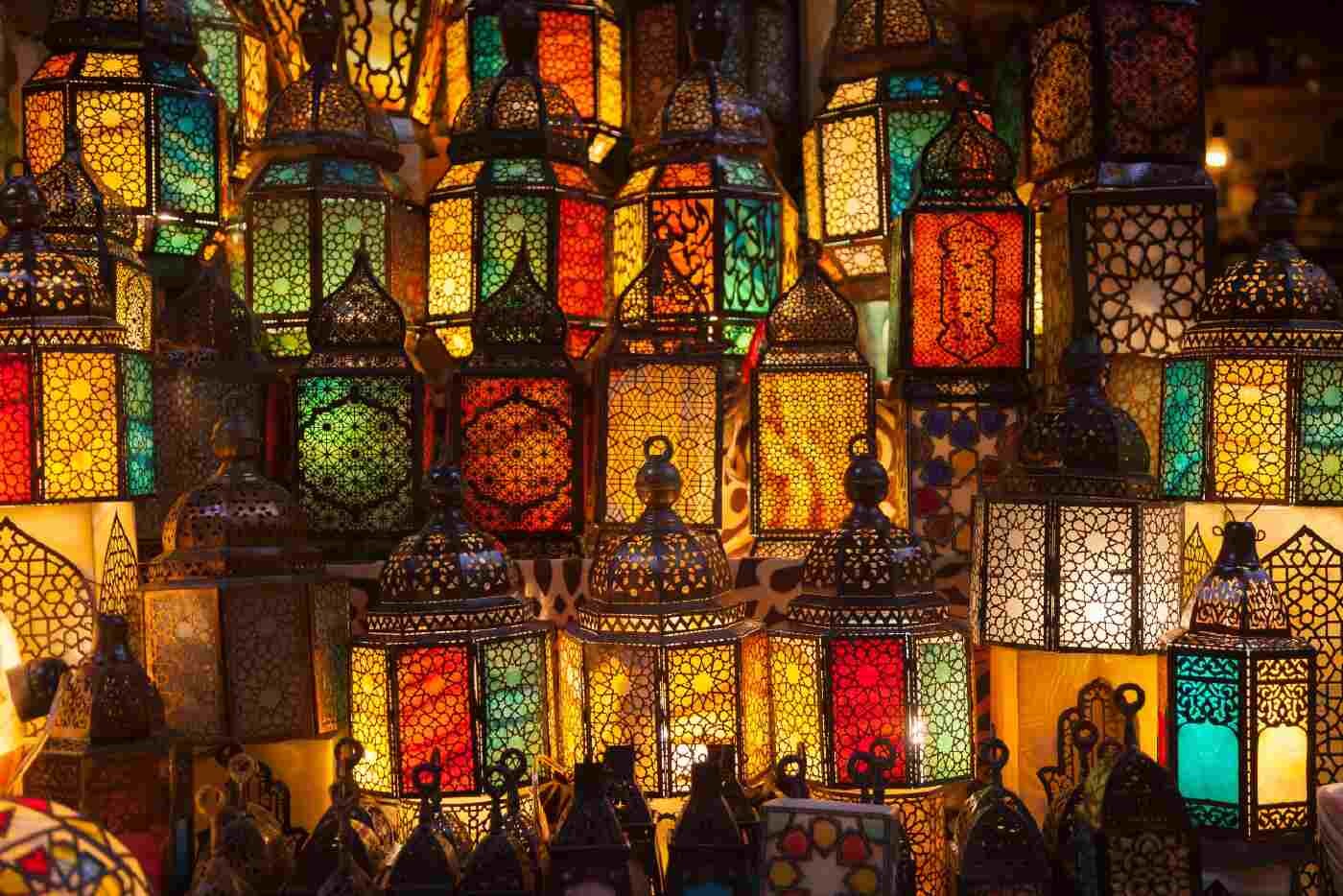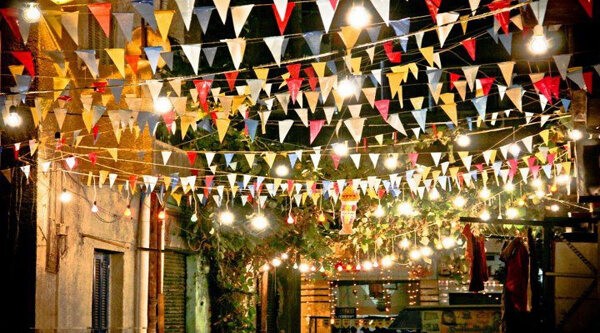Visiting Egypt during Ramadan
A month of sharing and social solidarity, Ramadan in Egypt is celebrated in a rather special atmosphere. It is said that “the soul of Egypt is in Ramadan”. This holy month is not just a month like any other, Ramadan in Egypt is quite a state. There are many traditions followed for 30 days. Ramadan, this month of fasting begins with the observation of the (Helal) crescent of the Hegirian month. However, it begins in Egypt, a fortnight earlier. Streets and alleys compete for decorations.
They are therefore full of lamps in the form of small lanterns, "shreds", lights and a big "fanous" in the Egyptian language (Ramadan lanterns). The inhabitants of each district want to acquire the most beautiful lanterns.
At night, the spectacle is enchanting. Although the history of the Fanous dates back to the time of the Fatimids, this centuries-old tradition, considered a historical legacy, remains deeply rooted in Egyptian culture. The story. Long ago, when the Fatimid caliph “Al Moez ledine Allah” arrived in Egypt at night, during the month of Ramadan, the inhabitants went to meet him to welcome him and received him with open arms and enlightening themselves with lanterns.

It is also said that during the holy month, children knocked on doors for sweets and pastries. As the streets were very dark, they were required to light up with lanterns. Since then, all children have developed the habit of buying lanterns during Ramadan and walking around with them singing. If the lanterns of old were made of iron and colored glass, today they are made of plastic and they are lit by lamps. A specific calendar called "Emsekeyat Ramadan" is published especially for this month in which appears the times of the prayers, especially those of the dawn which marks the beginning of the fast and that of the sunset which marks the iftar or the breaking of the fast.
Ramadan chants are played everywhere on television, radio, mini markets, hyper and supermarkets stocked with all kinds of basic items (flour, pasta, oils, sugar, rice, etc.) but especially of dried fruits, which one calls “yamiche” and which the Egyptians use to make a syrup too sweet. It is the entry juice called in Egyptian "Khochaf". For the Egyptians, it is important that the fridge is well stocked with all kinds of food for the whole month, to save the effort of shopping, and devote it to other activities, including the preparation of fast-breaking meals. with family, or devote it to work or with friends.
The first prayer of Ramadan would be the night “Tarawih” prayer which is only prescribed in this blessed month. It actually begins on the eve of the first day of Ramadan, where you will hear the loudspeakers of the different mosques, repeated the Koranic verses during prayer, in an unparalleled spirituality.

Throughout the month resounds the Koran recited by the voices of the most famous Koran reciters, such as Abdel Basset and Mohamed Refaat, which the Egyptians used to listen to during Ramadan, everywhere in the means of transport, shops, etc. Ramadan is also the broadcast of the late Sheikh Metwalli el-Chaarawi, who excelled in the simple interpretation of the verses of the Quran. A must-see show and passed, as usual, this month, before dusk. The first days of the month are the hardest during the day and the quietest during the evening. Being the first few days of abstinence from both food and drink. Without coffee or tea in the morning, without other hot drinks that officials are used to having throughout the working day, and without cigarettes for addicted smokers, hard mornings then, but little by little, people get used to it and the pace of work and life advances calmly and normally.